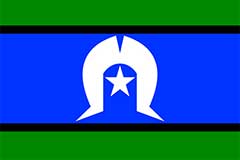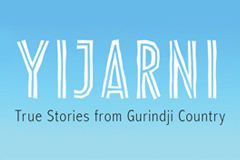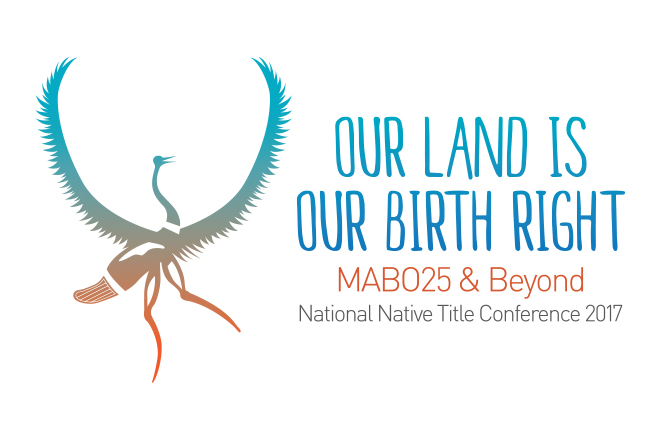
In 1929, an Aboriginal man — Anthony Martin Fernando — was living at the Salvation Army hostel for men in Middlesex Street, in the East End of London. It was in this setting that he documented his experiences as a toy trader in three personal notebooks.
Fernando wrote of the treatment he received as a ‘blackman’ in London. Over the next 12 months, he documented his experiences and his protests about the treatment of Aboriginal people in Australia.
These very personal notebooks are both compelling and poignant in telling Fernando’s story. The East End of London, at the time Anthony Martin Fernando was working as a street trader selling toys, was the home of many immigrants and the site of many different cultural blocs. In the early twentieth century it was a poor area and the Jewish street traders resented the presence of a “Black Man” in their midst. Fernando writes often that the locals, whether Jewish, Cockney or other, often harass him to “go back home” and not to take away their business. Fernando was documenting these taunts for his former employer, Douglas Jones. He is frustrated with his inability to get good lodgings, his ill health, and the prejudice that he meets and, although he tries to refrain from reacting to the taunts on the street, his notebooks contain his private thoughts on the various situations he finds himself in.
Readers of these notebooks should be aware:
The A. M. Fernando Notebooks contain terms which reflect the author’s attitudes or those of the period in which the notebooks were written and maybe offensive to Aboriginal or Torres Strait Islander peoples, Jewish peoples, and others.
The views expressed in these notebooks are those of A. M. Fernando and are not the views of the Australian Institute of Aboriginal and Torres Strait Islander Studies.




